Non-Statutory Curriculum Planning Guide Page 3
ADVERTISEMENT
Non-Statutory Guidance 2012
Section 1 - Curriculum Planning
b. Recognise there are both similarities and differences between their
own lives and those of other children.
c. Identify what they find interesting or puzzling about religious
events.
d. Ask questions about puzzling things in religious stories.
e. Say what matters or is of value to them and talk about how to care
for and respect things that people value.
f. Talk about what concerns them about different ways of behaving e.g.
being kind and helpful, or being unfair.
Breadth of study
During the Foundation Stage pupils should be taught the knowledge, skills
and understanding through the following:
i.
Religions
a. Introducing Christianity as the ‘heritage religion’ of the country and
the one that most influences schools and community life
b. Building on religions represented among the pupils, either different
Christian denominations or world faiths, so the experiences and
interests of children can be used as starting points for learning and
teaching
c. Sampling from major world religions, outside the children’s
experience, in order to extend their knowledge and understanding.
ii.
Areas of study
No areas of study are specified for the Foundation stage although
teachers may wish to develop their own, around for example, special
people, special times, special places, special objects, and special stories.
iii.
Experiences and opportunities
a. handling a variety of religious materials and artefacts that can be
accessed through sight, touch, sound and smell
b. using imaginative play activities that promote understanding of
religious traditions and language, including the use of artefacts from
different religions, as appropriate
c. encountering positive images of different religions through stories,
music, art etc
3
Section 1
ADVERTISEMENT
0 votes
Related Articles
Related forms
Related Categories
Parent category: Business
 1
1 2
2 3
3 4
4 5
5 6
6 7
7 8
8 9
9 10
10 11
11 12
12 13
13 14
14 15
15 16
16 17
17 18
18 19
19 20
20 21
21 22
22 23
23 24
24 25
25 26
26 27
27 28
28 29
29 30
30 31
31 32
32 33
33 34
34 35
35 36
36 37
37 38
38 39
39 40
40 41
41 42
42 43
43 44
44 45
45 46
46 47
47 48
48 49
49 50
50 51
51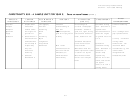 52
52 53
53 54
54 55
55 56
56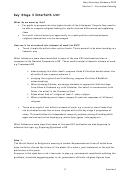 57
57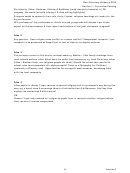 58
58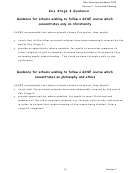 59
59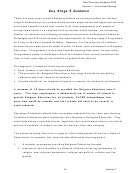 60
60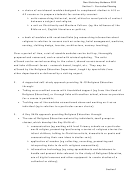 61
61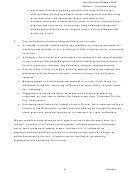 62
62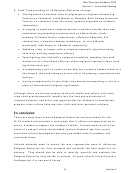 63
63








